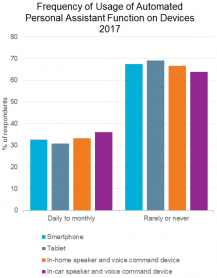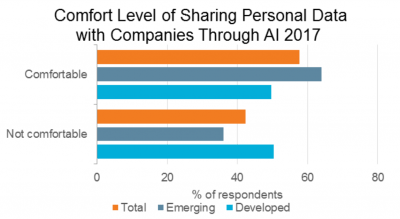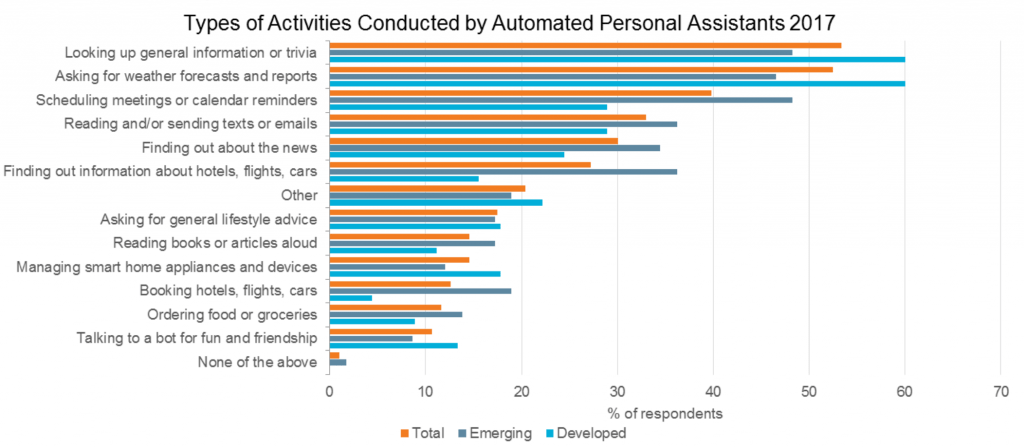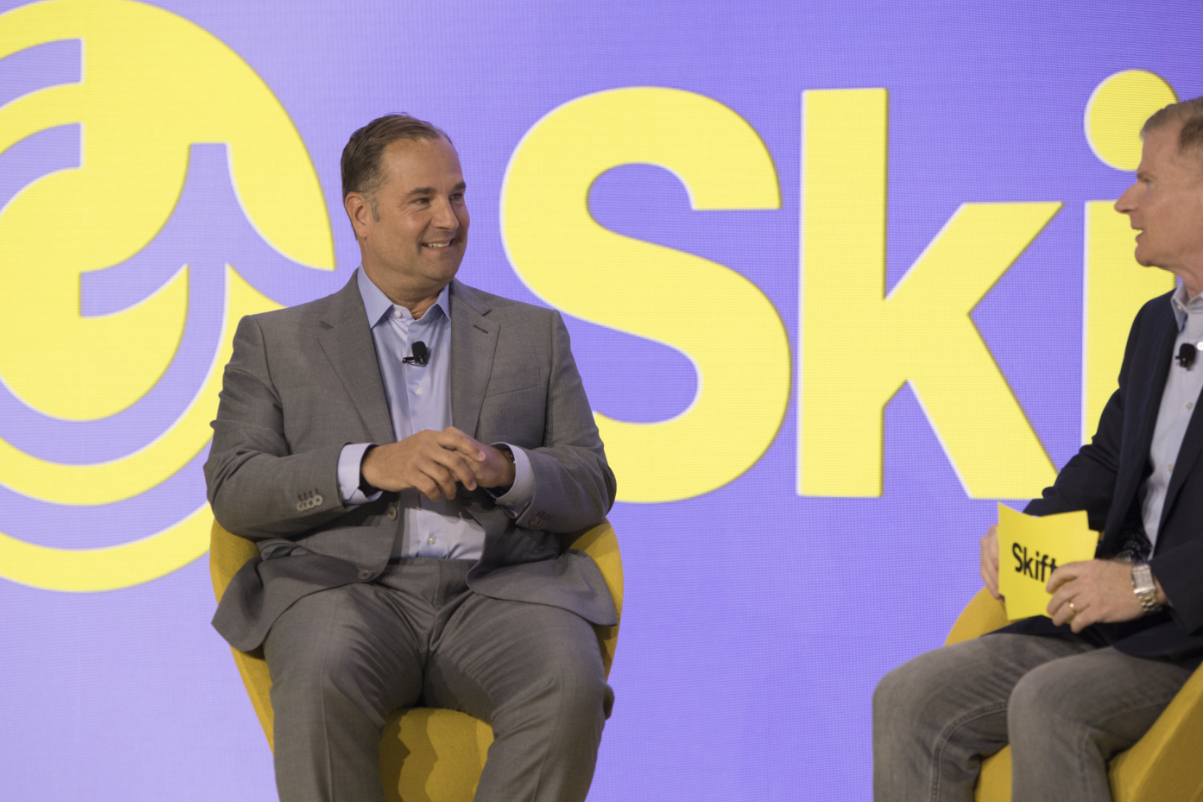Artificial Intelligence's Unrecognized Potential for Luxury Travel Brands

Skift Take
Luxury brands are always looking to the next frontier whether it be the quality of fabric, depth of an experience, or pull of a brand story to engage the most affluent and sophisticated buyers. But no luxury brand has yet succeeded in tapping the full potential of artificial intelligence throughout the travel purchase cycle and experience.
There is enormous potential for the brand that get it's right as we'll show in the data shared ahead.
Two-thirds, or 66 percent of consumers, have access to a digital assistant such as Siri on their smartphone, according to Euromonitor's recent study Attitudes to AI and Automation in Travel.
Seventy percent of consumers in developed countries have access to AI on their smartphones and 63 percent are comfortable interacting with AI for research and booking travel - however - only 27 percent of consumers in 20 countries knew whether or not they even interacted with an AI app or device in 2016.

It's important to realize that not all AI are the material of movies. Many consumers are increasingly interacting with AI, via devices and robots, without realizing it. AI can come in the form of a chatbot responding to customer service questions on Facebook or a voice-controlled speaker such as Amazon Alexa.
There is a huge opportunity for travel brands that want to distinguish themselves in this areas. Most consumers are not using these digital assistants to their full capacity and most definitely not throughout the travel cycle.
Of the 66 percent of consumers with AI on their smartphone or tablet, only 33 percent use it regularly while 67 percent rarely or never use it on their smartphone.
Travel companies interested in being a leader in this space will have to invest capital and time in not only developing AI, but also in educating consumers on its benefits to bridge the gap between access and uptake.
The adoption of travel booking via a personal digital assistant remains lower than 20 percent, according to Euromonitor's research. The technology is currently used for more general information requests such as weather, scheduling and emails.
Adoption is expected to increase as mobile Internet subscriptions continue to grow worldwide and consumers in both emerging and developing nations suggesting that they would increase their use of virtual assistants in the next year.
Microsoft is one of the most conscious of the opportunities at hand and Stuart Greif, senior executive of Travel/Hospitality, QSR, and Transportation Industry Solutions at Microsoft, spoke with Skift earlier this year about the opportunities that lie ahead. StubHub and even IMEX Frankfurt are experimenting with the technology.
Security will remain a major concern with 42 percent of respondents stating that they feel uncomfortable sharing personal data with AI.

Another challenge will be creating a sophisticated enough experience to give luxury consumers a seamless exchange despite the newness of technology.





